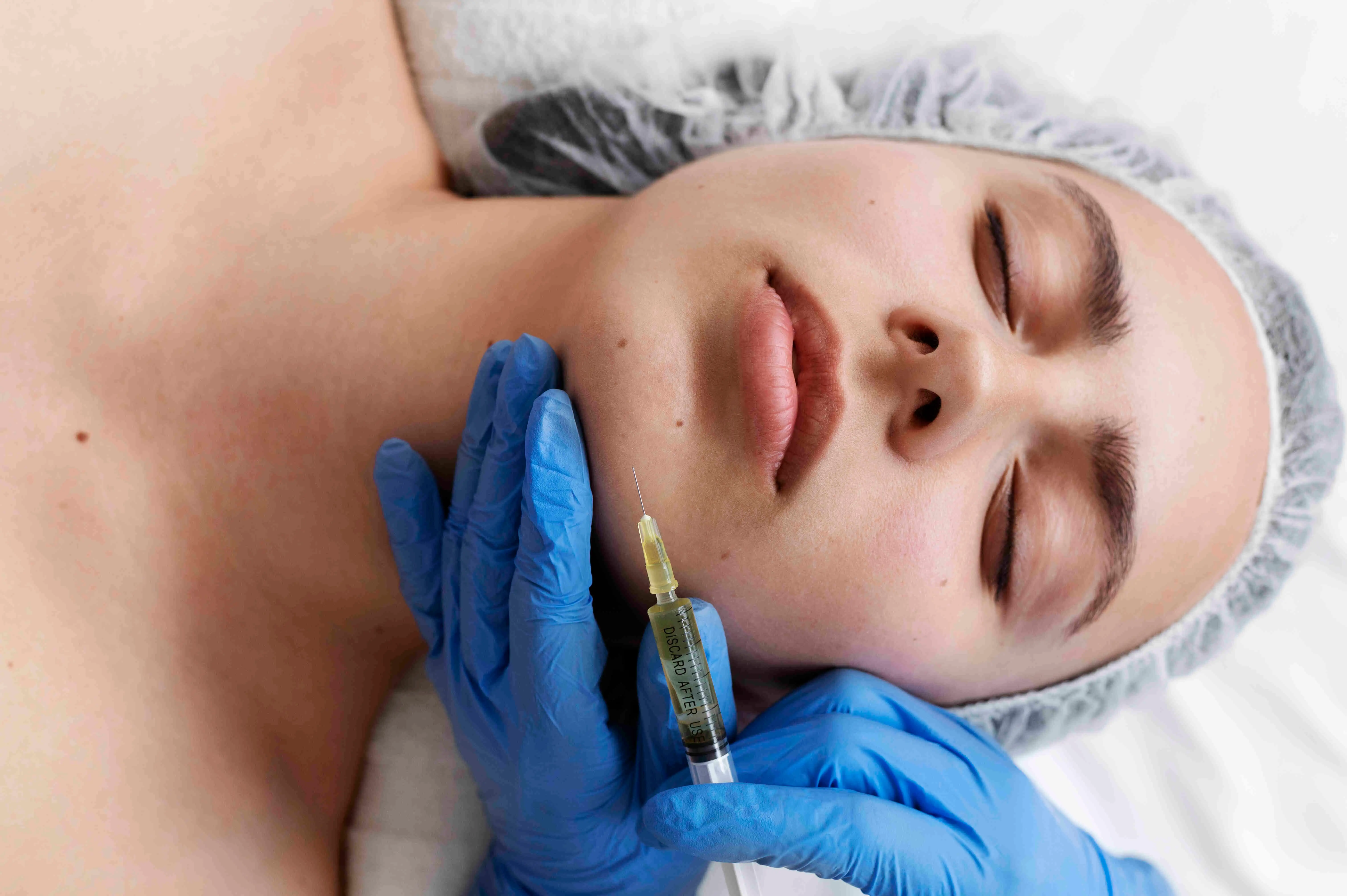Around nine million women in Germany are currently going through menopause. They suffer from a wide range of symptoms, from hair loss to heart palpitations. Dr. Judith Bildau is a gynecologist, an expert in women's health and gender medicine, longevity, and hormone consultation. Her new book "Body in Balance" (Knaur) has just been released, where the doctor educates women of all ages about the hormonal processes in their bodies based on the latest scientific findings.
How can one optimally prepare for menopause?
The optimal preparation for perimenopause, that is, menopause, is knowledge! When women understand what is happening to them during this phase and do not settle for being constantly told that they are just imagining their symptoms, a lot is already gained. Knowledge gives women back control. Informed women know how important prevention becomes now and what treatment options are available for complaints.
Micronutrients in perimenopause
Which micronutrients should be taken supportively in perimenopause?
This is very individual. Every woman has her own specific needs, depending on her lifestyle and dietary habits. However, a good foundation is provided by Vitamin D and calcium, magnesium, omega-3 fatty acids, and a Vitamin B complex.
How do the 'hormone sisters' estrogen and progesterone change during perimenopause and postmenopause?
In perimenopause, female sex hormones quite literally go totally crazy. Especially estrogen fluctuates strongly now, which can cause massive discomfort. Many women find this constant change between estrogen dominance and deficiency particularly exhausting.
The progesterone level also fluctuates, but not as markedly. One year after the last menstruation, also called menopause, postmenopause begins. Now the ovaries have ceased functioning, and estrogen and progesterone levels remain consistently low. However, many women now suffer from hormone deficiency symptoms.
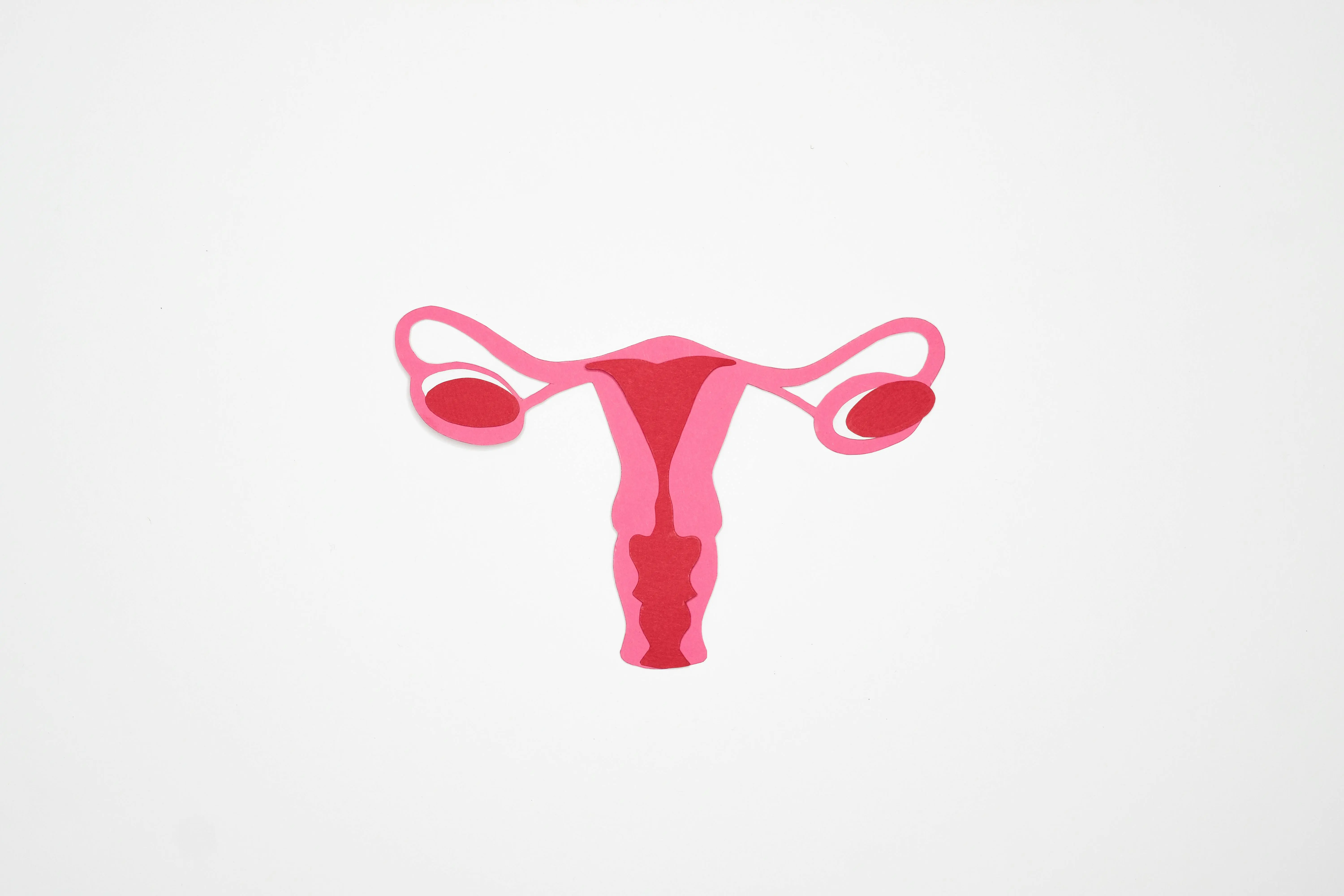
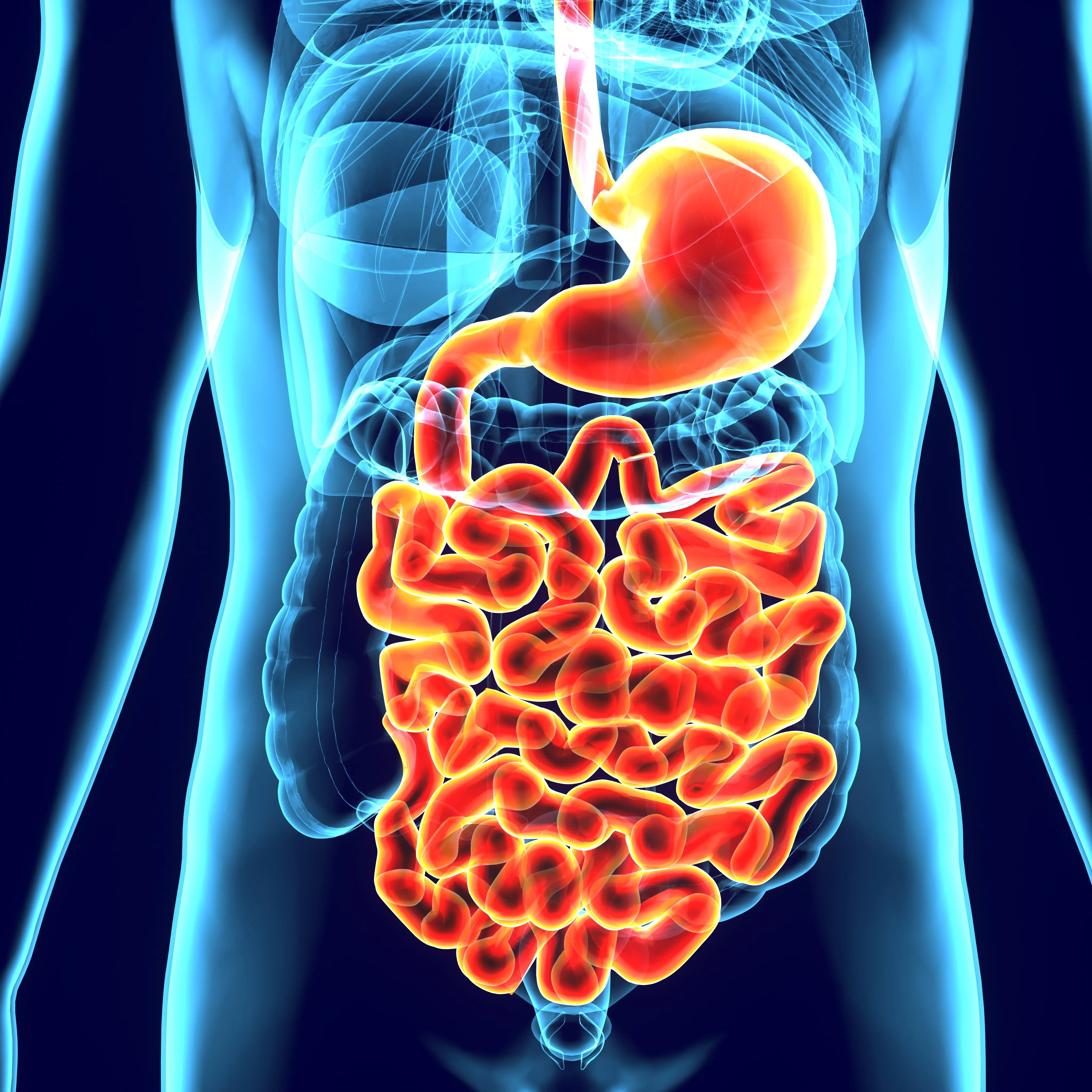
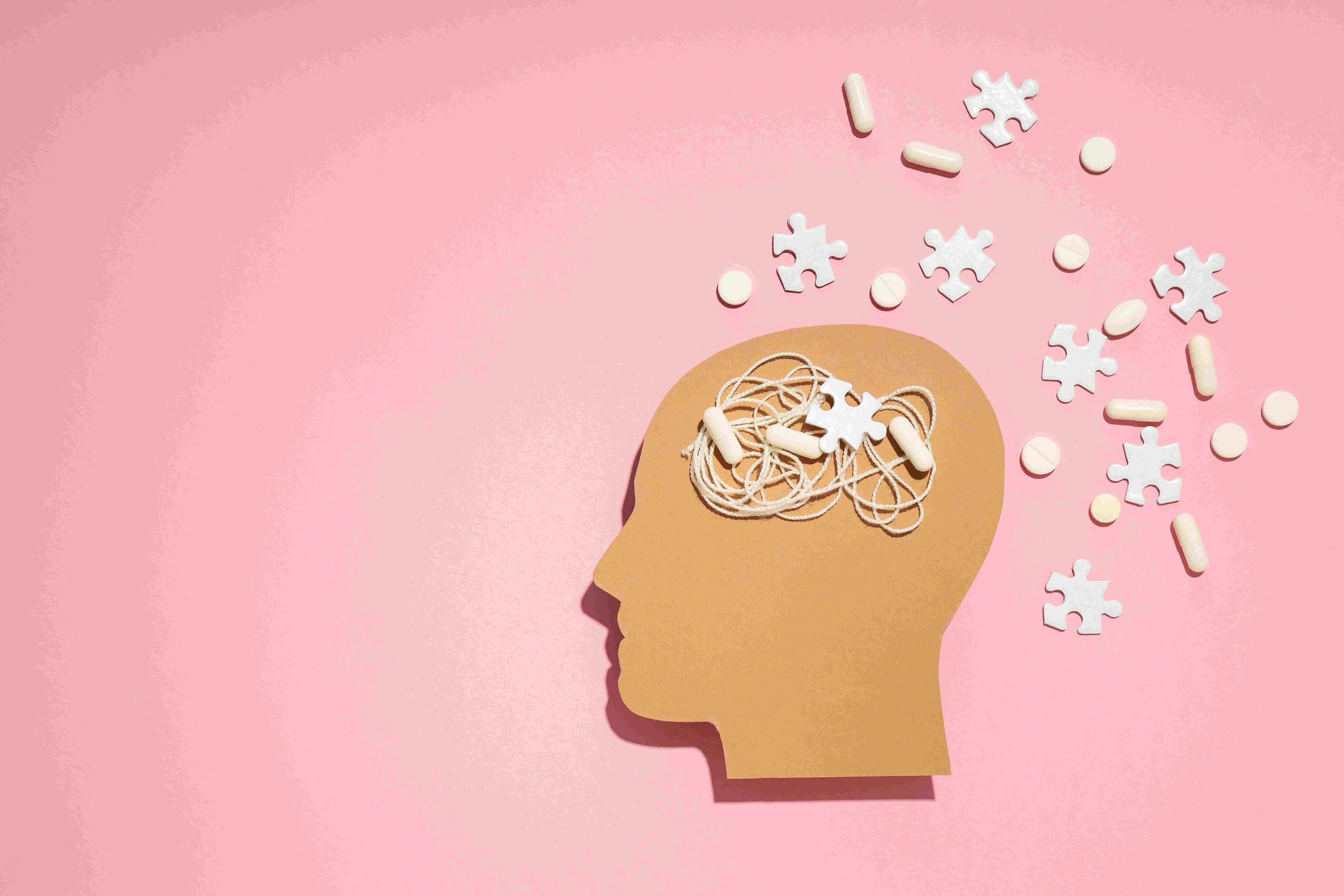
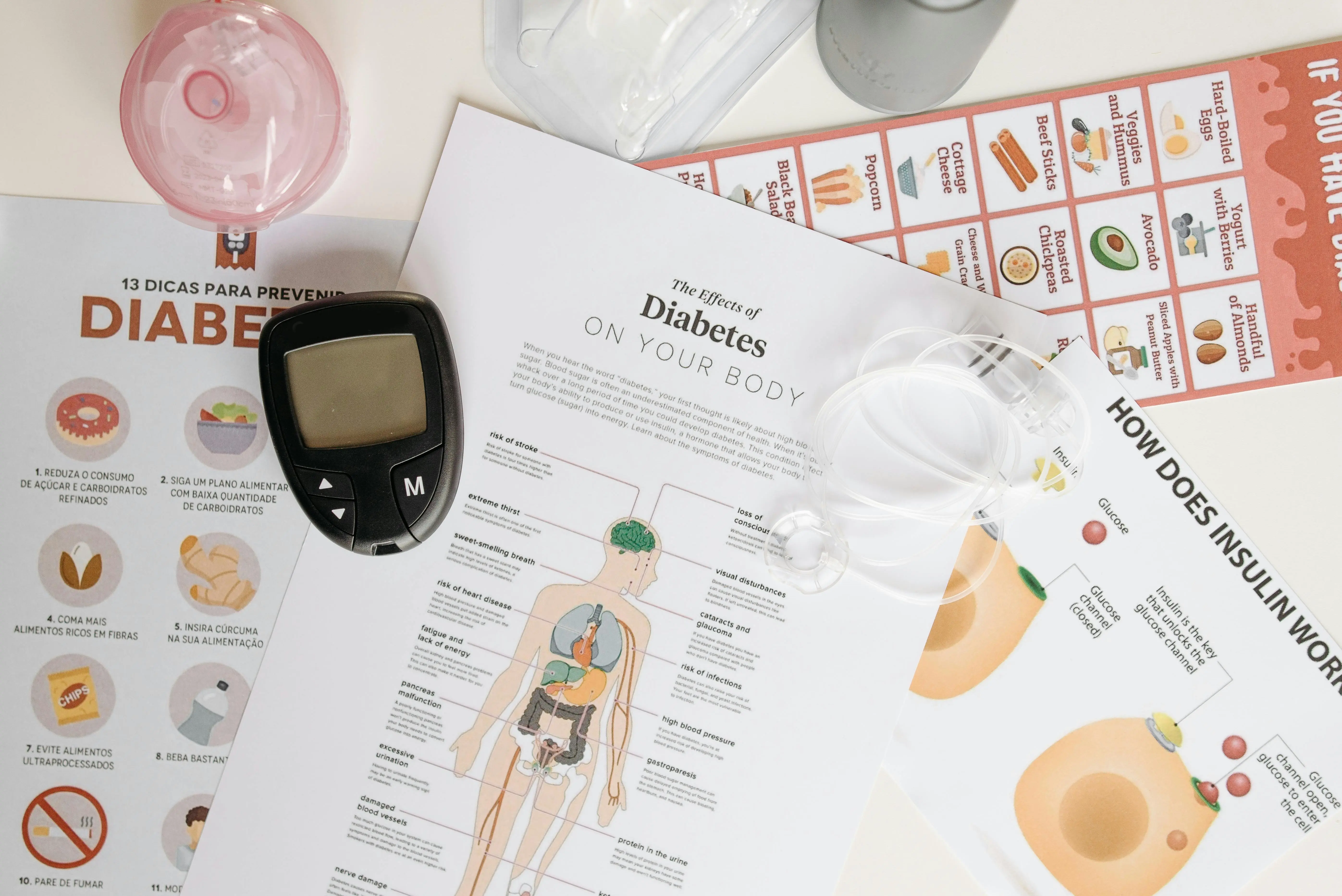


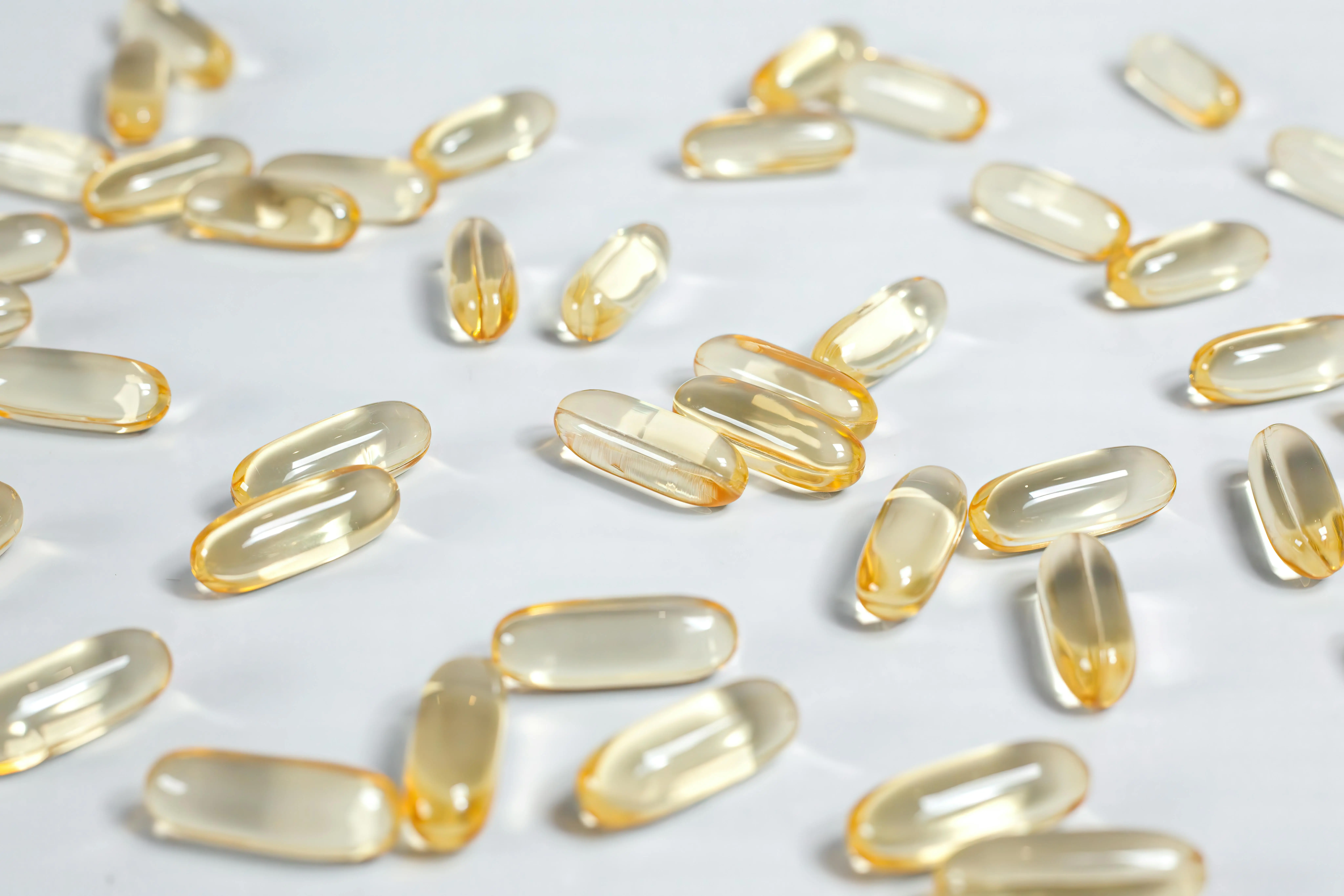




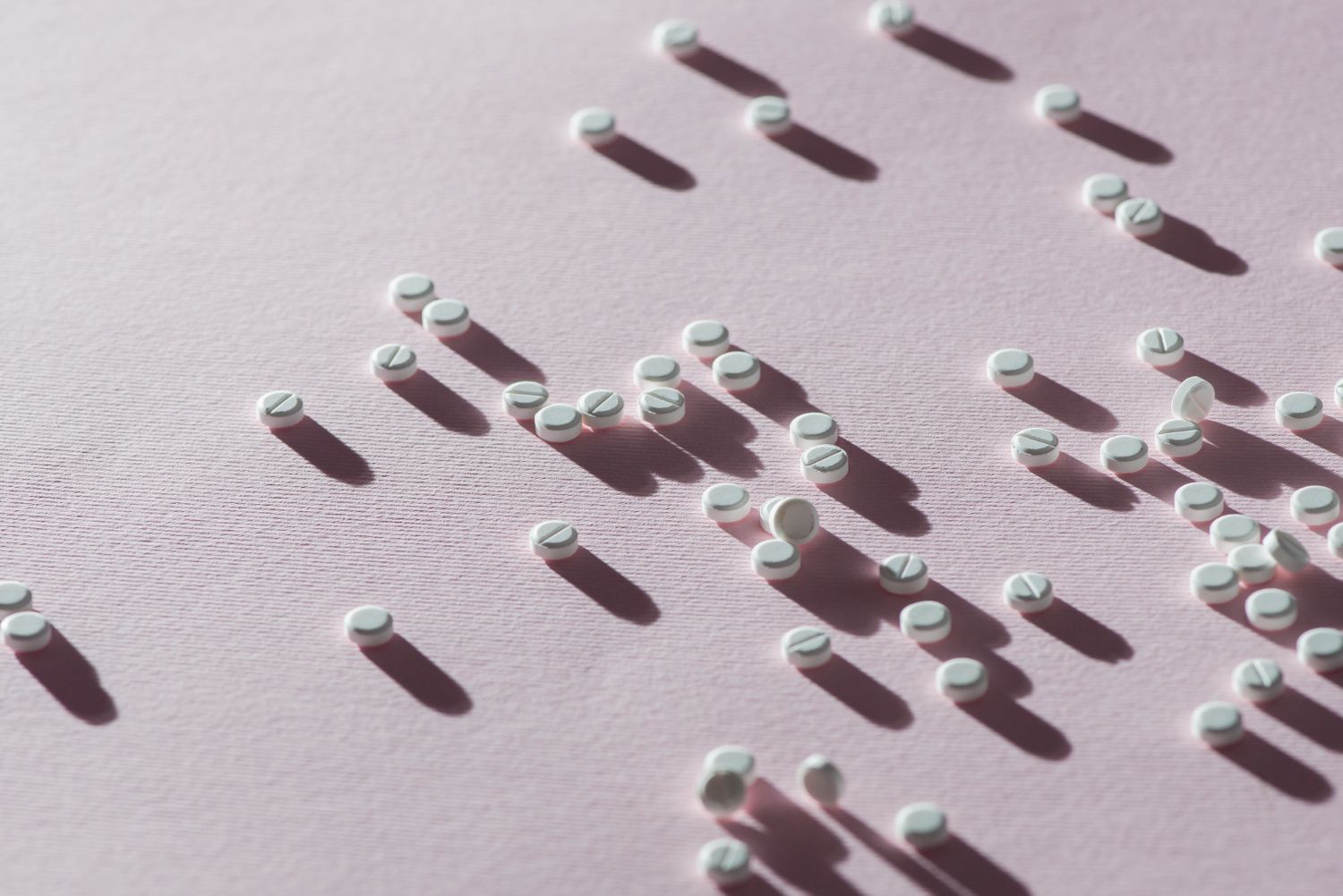
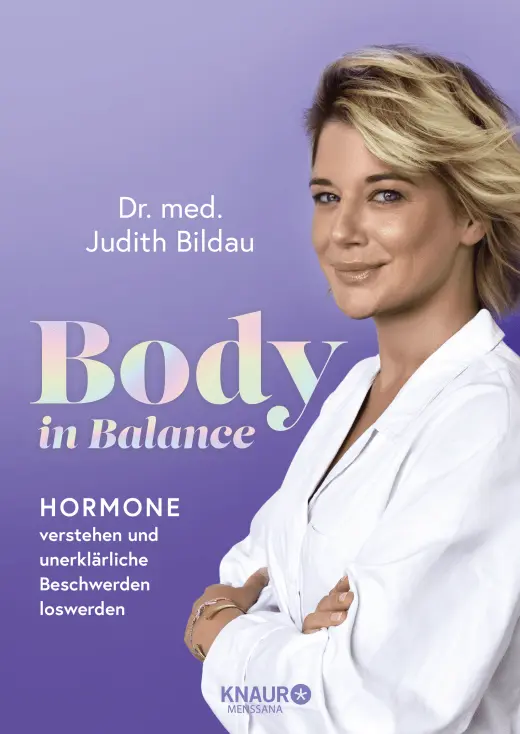
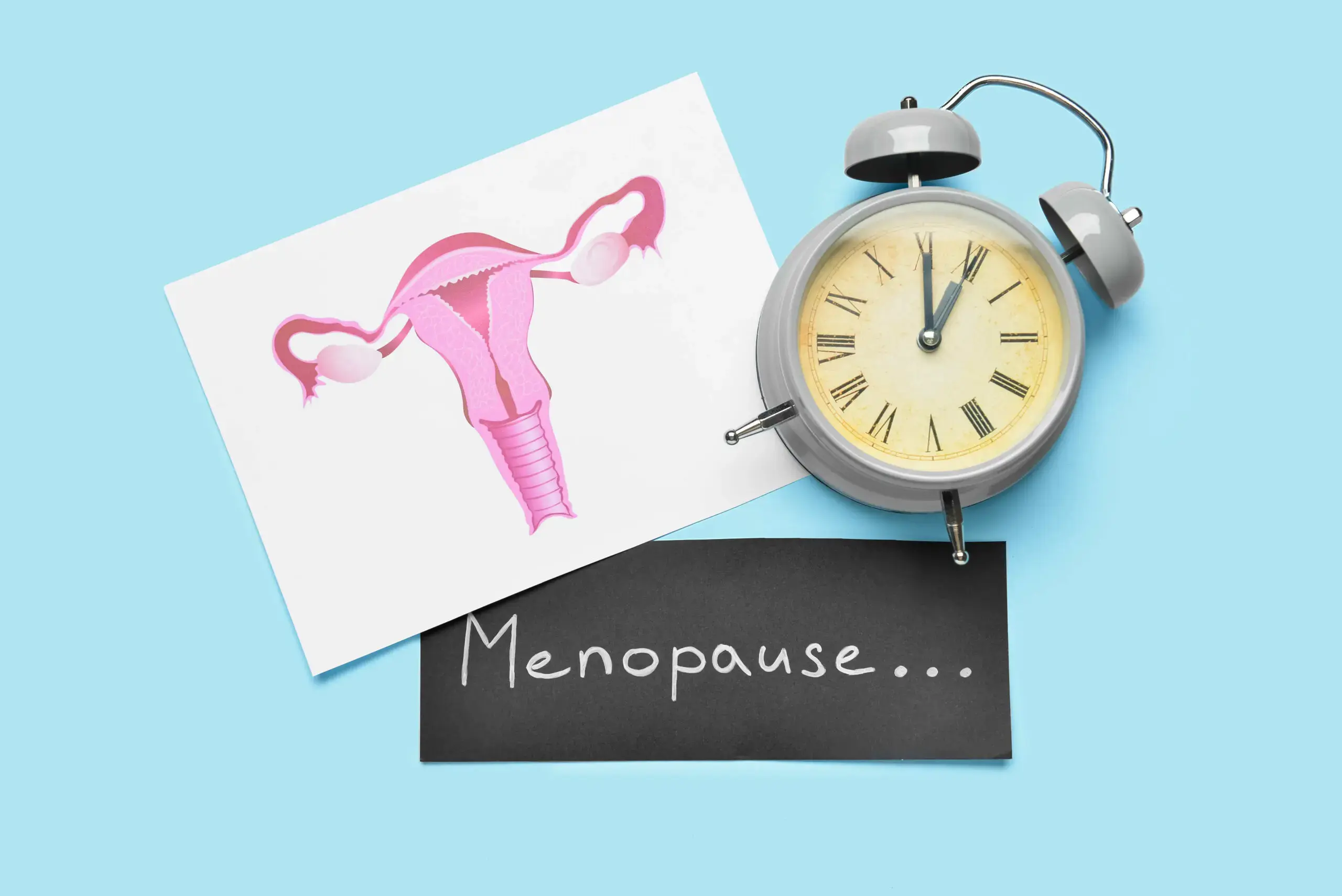
_1500x2250_150_RGB-2.webp)



